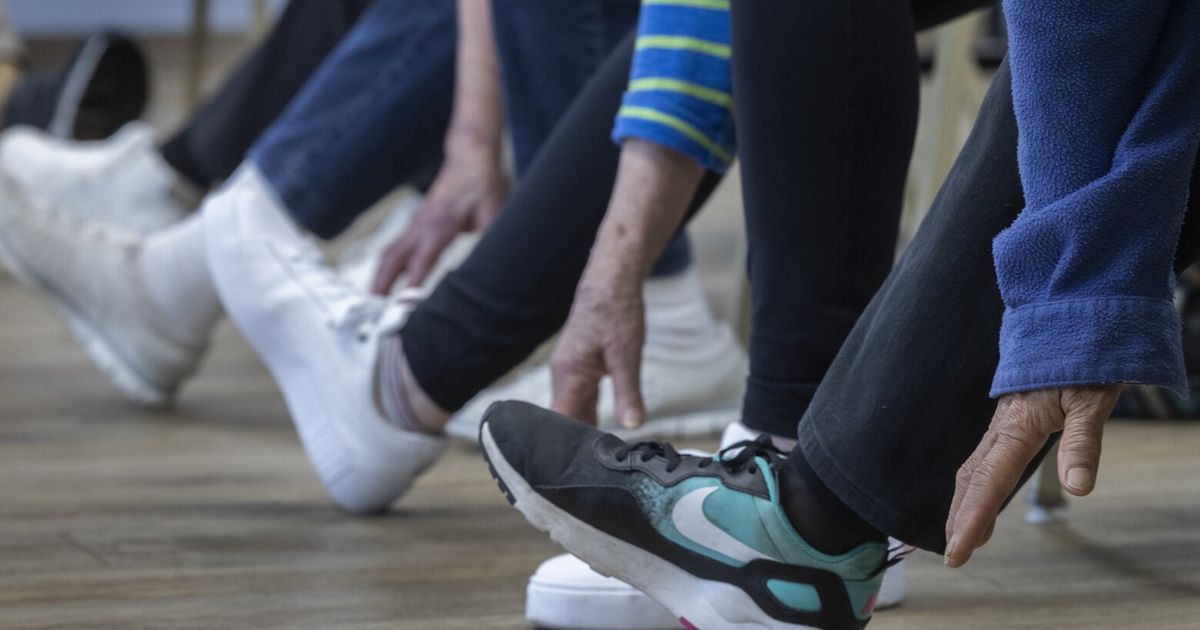
Unlock Your Body’s True Age: How New Tools Predict Health Risks Years in Advance
Discover cutting-edge tools that calculate your biological age using blood tests, facial scans, and medical history to predict disease risk and longevity with 90% accuracy.
Why Your Birth Certificate Lies About Your Age
While your chronological age counts birthdays, your biological age reveals your body’s true condition. Stanford researchers found organs age at different rates—and your brain’s biological age is the strongest predictor of longevity. Those with “young” brains have a 40% lower mortality risk over 15 years compared to peers with “old” brains, regardless of calendar age.
3 Revolutionary Ways to Measure Biological Age
1. The Blood Protein Clock (Stanford University)
- How it works: Analyzes 3,000+ proteins to calculate organ-specific aging for 11 systems (brain, heart, liver, etc.)
- Key finding: People with extremely aged brains are 12x more likely to develop Alzheimer’s
- Accuracy: Predicts disease risk 10+ years in advance with 85% precision
2. The Health Octo Tool (University of Washington)
- Method: Uses routine medical exams to create 8 metrics including:
- Body Clock (overall biological age)
- Speed-Body Age (walking speed correlation)
- Disability-Body Clock (cognitive/physical decline risk)
- Validation: 90% accuracy predicting disability/mortality across 45,000 patients
3. FaceAge AI (Harvard/Mass General)
- Innovation: AI analyzes facial snapshots for biological age markers
- Medical use: Helps oncologists tailor cancer treatments—patients appearing 5+ years older than chronological age had worse outcomes
- Future: Could monitor treatment responses in real-time
Why Organ Age Matters More Than Overall Age
Stanford’s landmark study tracked 44,498 adults for 17 years, discovering:
- Organ aging varies dramatically: 1 in 3 people have at least one “extremely aged” organ
- Disease connections:
- Aged hearts → 3.8x higher heart failure risk
- Aged lungs → 5.2x increased COPD likelihood
- Aged kidneys → 94% higher renal disease risk
“The brain is the gatekeeper of longevity. If yours is biologically old, you have 182% higher mortality risk.”
– Dr. Tony Wyss-Coray, Stanford Neuroscience Institute
Practical Applications: From Prevention to Treatment
- Early disease detection: Spot Alzheimer’s risk before symptoms appear
- Personalized medicine: Match treatments to your body’s biological profile
- Lifestyle tracking: Monitor how diet/exercise impact organ aging in real-time
- Clinical trials: Test anti-aging drugs on specific organ systems
Example: A 50-year-old with a “youthful” brain but “aged” heart could focus interventions on cardiovascular health.
When Can You Access These Tools?
| Tool | Current Status | Cost Estimate |
|---|---|---|
| Blood Protein Clock | Research only (Stanford) | N/A |
| Health Octo Tool | Digital app in development | $200-$500/test |
| FaceAge AI | Clinical validation phase | Not yet commercialized |
DIY alternatives: Epigenetic clocks (e.g., GlycanAge) offer direct-to-consumer testing starting at $299.
The Future of Predictive Medicine
- At-home testing: Saliva-based organ age kits by 2027
- Insurance impact: Premium adjustments based on biological age metrics
- Therapeutic breakthroughs: Drugs targeting specific organ aging pathways
FAQ: Your Top Questions Answered
Q: Can I reverse my biological age?
A: Yes. Studies show exercise reduces heart age by 10+ years; optimized sleep cuts brain age by 5 years.
Q: Are these tools covered by insurance?
A: Not yet—but Medicare is evaluating coverage for the Health Octo Tool.
Q: Is facial scanning reliable for diverse ethnicities?
A: Current limitations exist—Harvard’s team is expanding training data.
Q: Could results affect my employability?
A: GINA Act prohibits genetic discrimination, but biological age laws are evolving.
Key Takeaways
- Your organs age at different speeds—brain aging is the #1 mortality predictor
- New tools detect biological age through blood, medical records, or facial analysis
- “Old” organs increase disease risk by 300-1,200%
- Early interventions could extend healthspan by 10+ years
“This isn’t science fiction—it’s the future of preventive healthcare, available within 3 years.”
– Dr. Shabnam Salimi, Creator of Health Octo Tool







